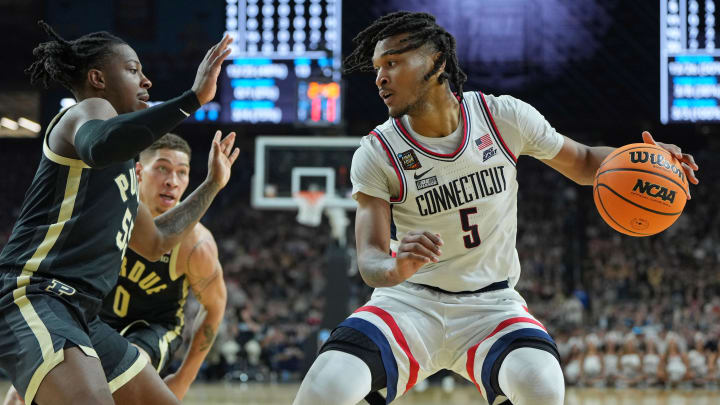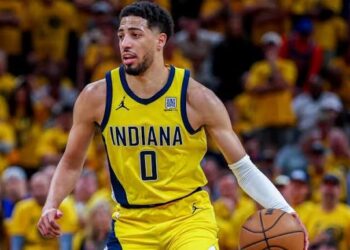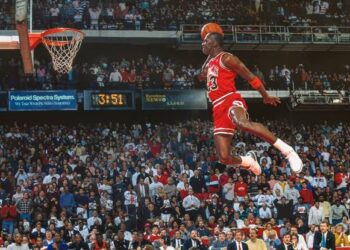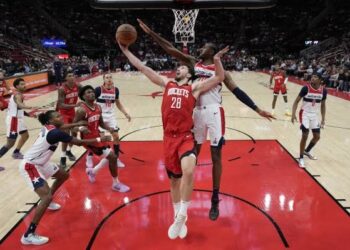
Rookie of the Year Victor Wembanyama notably hates losing. That’s why the Spurs used the No. 8 pick to get him some help. In six or seven years.
After drafting UConn guard Stephon Castle with the No. 4 pick, San Antonio traded No. 8 pick Rob Dillingham to Minnesota. The price was puzzling: An unprotected first-round pick in 2031, plus the right to swap first-rounders with the Timberwolves in 2030, provided the Wolves don’t get the No. 1 pick.
There are a few possibilities here. One is that the Spurs hated this draft so much that they preferred to wait six years for a young player rather than settle for a guy outside the top seven. Another is that they’re amassing draft capital for a trade, even though they already have five extra first-round picks coming in the next six years.
The Timberwolves were a big winner since they were able to add a lottery pick for a relatively cheap price. It was especially important since they’re likely to be hard-capped at the second apron. That would restrict them to signing players on minimum contracts, but trading for a rookie gets them around that, especially one who could take over for Mike Conley at point guard.
I think this Rob Dillingham trade is, in part, a product of the 2nd apron and the roster construction limitations that come with it.
It’s so helpful for the Timberwolves, one would think the Spurs couldn’t have gotten more. The trade for Rudy Gobert severely limits the picks Minnesota has to trade, but it’s hard to imagine this was the best deal available.
Perhaps Wembanyama is on board for a plan to have bonus picks available during his prime since he’ll be 27 years old when the extra Timberwolves pick conveys. But for such a competitive player, the Spurs are expecting him to show a great deal of patience.











Discussion about this post